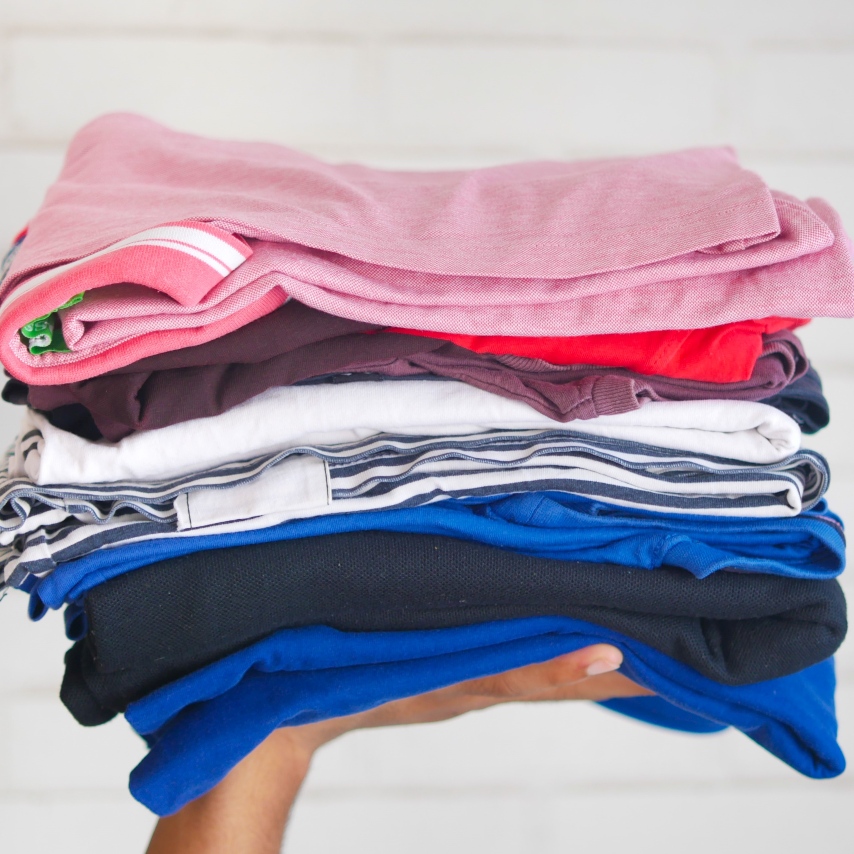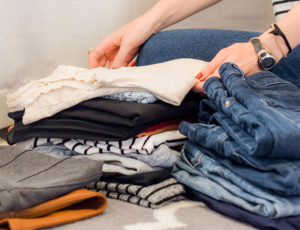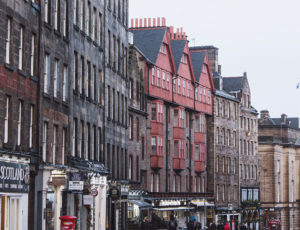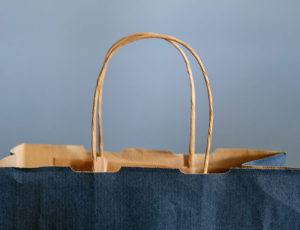
To help the industry on its journey to a circular economy, retailers, resale platforms, charity retailers and industry experts have come together to develop a guideline on second-hand and pre-loved items. The voluntary Guideline outlines the steps retailers can take to adhere to circular economy principles. By following this circular model, retailers will further the progress they have already made to lengthen the lifecycle of products.
With an estimated £140 million worth of clothing sent to landfill every year according to WRAP, together with 88% of people wanting brands to help them live sustainably according to GlobalData, the British Retail Consortium (BRC) and its members reiterate their duty of care to their customers and their responsibility in ensuring more circular economy principles are adhered to.
The BRC’s long-term goal is to limit and ultimately end the sending of items to landfill unnecessarily. The BRC is already working with retailers on their journey to Net Zero through its Climate Action Roadmap.
Commenting is Helen Dickinson OBE, chief executive of the British Retail Consortium
“We are delighted to launch our first voluntary Guideline on second-hand and preloved items. With more people looking for ways to shop sustainably, particularly as the cost of living rises, the sale of second-hand items in-store and online can encourage sustainable behaviours at affordable prices and take us one step further towards a circular economy.
“Retailers recognise the role they can play in helping their customers shop in more environmentally friendly ways. We hope that this Guideline will help many on their sustainability journey.”
For clothing and footwear, retailers can promote resale markets and platforms; use hire and rental subscription services, or offer swaps, upcycling and repair schemes
The Guideline emphasises the importance of quality checks that clearly inform the customer of the item’s condition. The aim is not to promote the circulation of perfect items, but rather to circulate all items, safe in the knowledge that both buyer and seller have the same level of information and expectation of their condition. The Guideline also recommends retailers work with charity retailers, which are always looking for good, clean stock to sell or donate to further their good causes.













